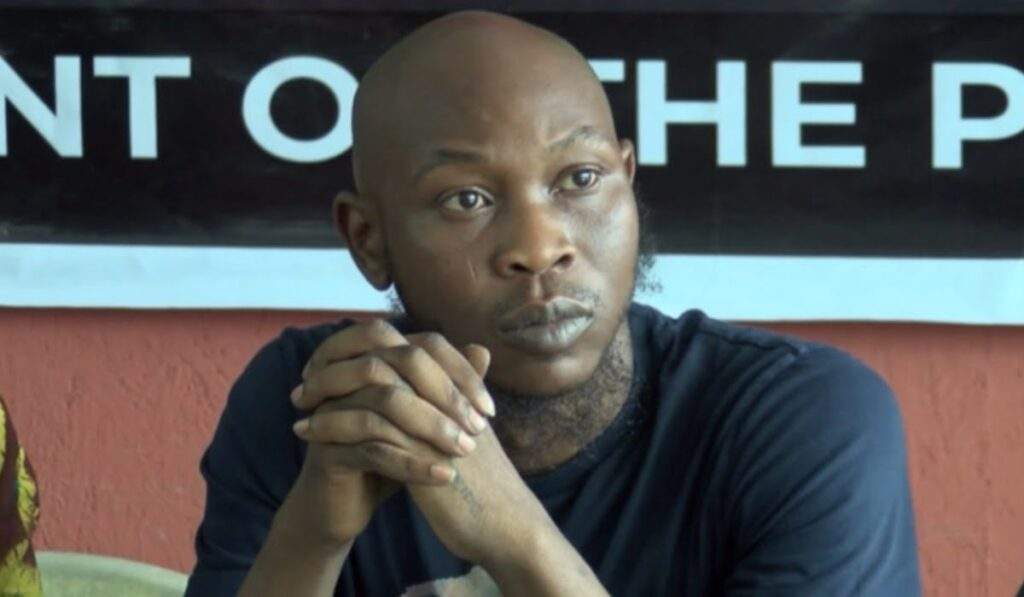Seun Kuti: The Weight of a Legacy
In a candid revelation, Grammy-nominated artist Seun Kuti opened up about the challenges he faced growing up as the son of the renowned Afrobeat icon, Fela Kuti. Talking to actress Iyabo Ojo in a recent interview, he shared the profound impact of the stigma attached to his lineage, shedding light on how it affected his personal relationships and perceptions within society.
Kuti expressed the lamentable implications of being Fela’s son, recounting how the stigma marred his interactions and hindered his ability to visit his girlfriend’s father’s house. He expressed deep frustration at the unjust treatment, emphasizing that his father’s legacy did not warrant such discrimination. He stated, “Growing up, I was stigmatized for being Fela’s son. I couldn’t even enter my girlfriend’s father’s house. Even the street, people would always point at me and say, ‘See Fela pikin.’ It was annoying because my father didn’t do anything.”
As the conversation unfolded, Kuti astutely juxtaposed his personal experiences with the societal paradox he observed. He poignantly highlighted the stark contrast between the unjust stigmatization he faced and the seemingly unquestioned acceptance of individuals whose actions caused immense harm to the nation. With unwavering conviction, he urged for introspection, stating, “Now, these killers, murderers, corrupt thieves that their actions are killing millions of Nigerians every day, you are willing to be in party with them and hailing them. We need to check ourselves.”
Amidst the revelation of the weight he bore as Fela’s son, Kuti also shared a touching glimpse into his musical journey, disclosing that he joined his late father’s band, Egypt 80, at the tender age of 8. This humble beginning laid the foundation for his own impactful presence in the music industry, perpetuating the legacy of Afrobeat with his own unique voice.
Seun Kuti’s poignant account serves as a testament to the enduring influence of Fela Kuti’s legacy and the resilience of the human spirit. It resonates as a compelling narrative of navigating identity, societal prejudice, and the profound impact of parental heritage.
As Seun Kuti bravely unveils the layers of his personal odyssey, his story reverberates far beyond the confines of stigmatization, offering an evocative reflection on the complexities of legacy, identity, and the unyielding quest for societal introspection.
